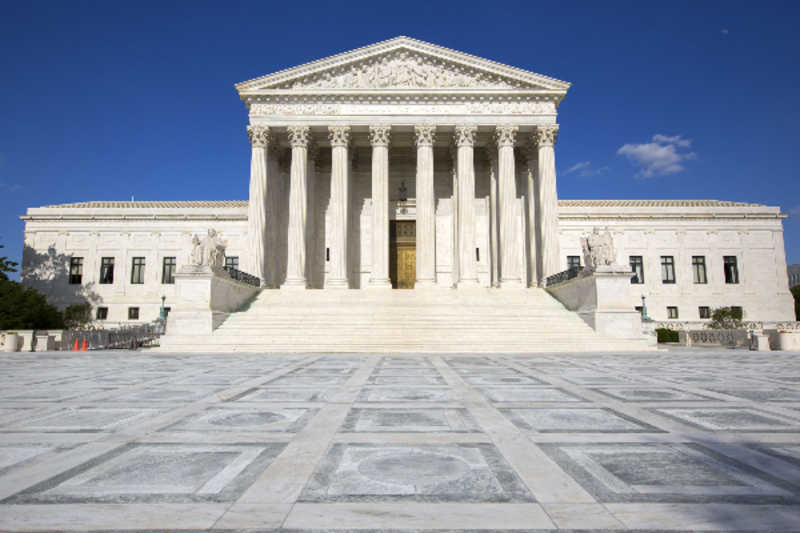Protecting your Investment: Pros and Cons of Noncompete Agreements
Jan. 8, 2020

In today’s highly competitive market, losing employees to competitors can be costly both in terms of the time and money invested in the employee and in the loss of customer revenue when customers follow the employee to their new employer. The dilemma of how to protect against such losses is frequently addressed through the use of noncompete agreements. Such an agreement is a binding contract between the employer and employee which prohibits the employee from working for a direct competitor in a set geographic area for a specific time period. While a non-compete agreement may sound like a no-brainer, the decision of whether to implement and enforce such agreements is not always straightforward.
Advantages of non-compete agreements include:
Preventing employees from taking the knowledge, experience, skills, and contacts gained during their employment to work for, and benefit, a direct competitor.
Increasing employee retention and decreasing costs associated with finding and training new employees due to turnover.
Increasing customer retention by preventing employees from taking customers with them to a competitor.
Disadvantages of non-compete agreements include:
Discouraging desirable prospective employees who desire flexibility in their career paths.
Challenges of enforcing non-compete agreements in court and costs of litigation may outweigh benefits to be gained by prohibiting competition.
Potential for disgruntled employees staying longer than they should due to the fear of being unable to find permissible subsequent employment.
Noncompete agreements are generally disfavored by courts because they restrict employees in their ability to earn a livelihood. In Virginia, a non-compete agreement must be narrowly drafted to protect the employer’s legitimate business interests, it must not be unduly burdensome on the employee’s ability to earn a living and it must not be against public policy. If litigated in court, the employer has the burden of proving these factors by demonstrating that the function, geographic scope, and duration of the agreement are narrowly drawn or the agreement will likely be invalidated. This means that the non-compete agreement must be drawn to only prohibit substantially similar employment with direct competitors within a reasonable radius and for a reasonable duration.
By way of example, a non-compete agreement that generally prohibits a title officer from working for any title company in Northern Virginia for three years would likely be invalidated. First, it would effectively prevent the employee from working for another title company in any capacity (even as a janitor). Second, it would unreasonably prevent a title officer working for a title company in Arlington from subsequently working as a title officer in Leesburg despite the fact that any competition between those companies would be minimal. Third, the three-year duration is overbroad. Courts generally invalidate timeframes beyond two years, with one year or less being preferable as it is viewed to be more reasonably related to protecting the employer’s business interests while not unreasonably restraining the employee.
Given the challenges inherent in narrowly drafting and enforcing non-compete agreements, they may not always be the right solution to the problem, particularly when other less restrictive options exist. Non-solicitation agreements can prevent former employees from soliciting customers or other employees. Confidentiality and nondisclosure agreements can prevent former employees from conveying or using confidential information such as customer contacts in their new employment. It is important to work with a lawyer well-versed in this area of law to determine what is right for your business.
¹ See Omniplex World Servs. Corp. v. U.S. Investigations Servs., Inc., 270 Va. 246, 249, 618 S.E.2d 340, 342 (2005).
² See Preferred Sys. Solutions, Inc. v. GP Consulting, LLC, 732 S.E.2d 676, 681 (2012)
